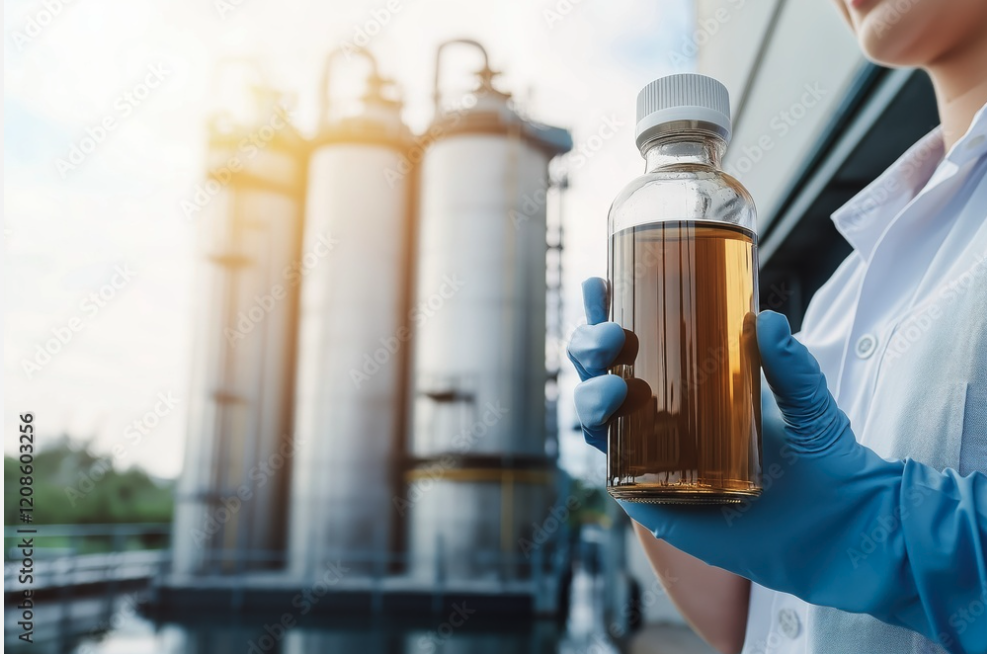How Will Climate Change Affect You at Home in Colorado
The United Nations Intergovernmental Panel on Climate Change (IPCC) released an exhaustive 3,676-page report titled the Impacts, Adaptation, and Vulnerability Caused by Climate Change for 2022.
According to the IPCC, these are the main ways that climate change will affect you at home:
Winter and spring will bring less snowfall leading to “snow droughts” where the decrease in snowpack and snow cover will lead to decreases in the amount of runoff to replenish water resources.
Summer and fall will bring longer and more severe droughts, with decreased water from snowmelt and higher than average temperatures there will be more strain on water resources.
Summer and fall will bring longer and more intense wildfires. Higher than average temperatures and less water availability will cause fires to not only occur more often but they will burn more land and for longer periods of time. Fires are devastating to the areas affected, but fires also decrease air quality. Firefighting is an expensive drain on state budgets as well as an increased strain on health services because of the health effects associated with fires.
Food Resources will also come under increased stress. Dryer, warmer weather decreases crop yields, increases costs, and fields become susceptible to fire. If you do not live on a farm this will be felt in increased prices at grocery stores.
The United Nations Intergovernmental Panel on Climate Change (IPCC) released an exhaustive 3,676-page report titled the Impacts, Adaptation, and Vulnerability Caused by Climate Change for 2022. land and for longer periods of time. Fires are devastating to the areas affected, but fires also decrease air quality. Firefighting is an expensive drain on state budgets as well as an increased strain on health services because of the health effects associated with fires.n the United States, with it accounting for 47% of annual freshwater withdrawals as of 2017.
Freshwater. An increase in water resources would go a long way to help alleviate many of the increased difficulties which people are expected to endure in the coming years. Creating “closed water loops,” industries that are able to reuse their water instead of drawing on water resources that can be used elsewhere is one step toward alleviating these difficulties. According to the World Bank, the industry is one of the largest sources of freshwater withdrawals in the United States, with it accounting for 47% of annual freshwater withdrawals as of 2017.

0 Comments